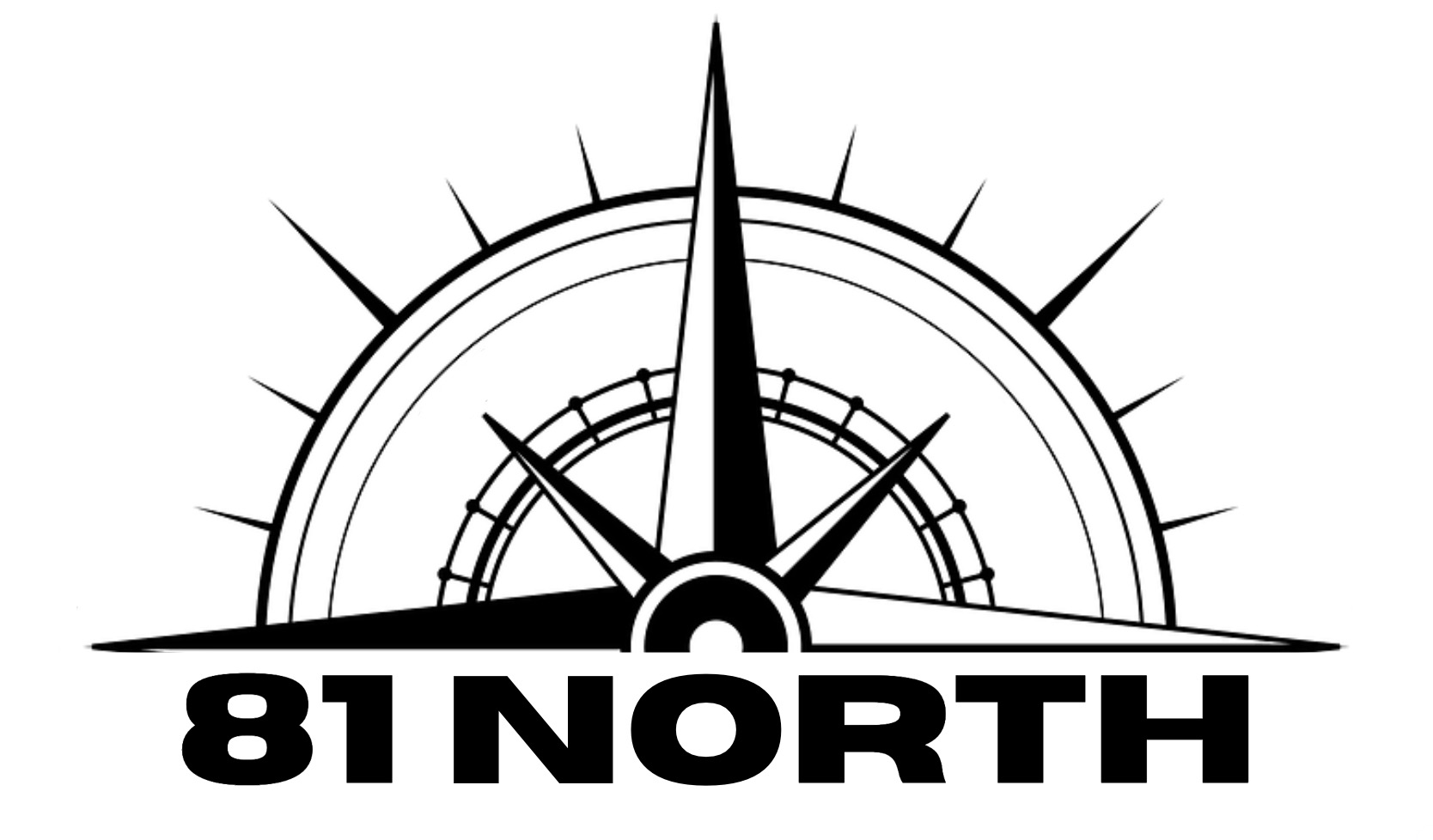Full-time
Director IT Portfolio Management
Posted on 29 July 25 by Mike Goldstein
- Chicago, IL
- $ - $

Powered by Tracker
Job Description
Key Responsibilities
Lean Portfolio Strategy & Governance
- Develop and lead a Lean-aligned IT portfolio strategy that balances Run, Grow, and Transform investments in alignment with enterprise goals.
- Institutionalize LPM practices including Lean budgeting, dynamic funding models, decentralized decision-making, and quarterly planning.
- Apply data-driven frameworks to guide tradeoffs, prioritize high-value work, and improve transparency and decision-making.
- Establish clear planning cadences that align with enterprise objectives and OKRs across value streams.
Execution Oversight, Financial Stewardship & Value Delivery
- Monitor delivery health and flow metrics across value streams, embedding KPIs and actionable insights into executive reporting.
- Drive continuous value delivery through Lean financial governance, including forecasting, variance analysis, and long-range planning.
- Optimize team capacity, reduce WIP, and improve throughput by enabling Lean resource planning and visibility into demand vs. velocity.
- Leverage modern platforms (e.g., Jira, Confluence, ServiceNow, Power BI) as a single source of truth for portfolio performance.
Lean Leadership & Cultural Enablement
- Lead the shift from project-centric to outcome-driven delivery; foster a culture focused on learning, innovation, and adaptability.
- Promote Lean thinking through retrospectives, flow-based planning, and continuous feedback loops.
- Act as a thought leader and coach in Lean Portfolio Management, Agile maturity, and value stream transformation.
- Create alignment across teams by removing obstacles, ensuring clarity of purpose, and empowering autonomous execution.
Stakeholder Engagement & Communication
- Facilitate collaboration across business units and shared services to surface demand, manage dependencies, and accelerate value delivery.
- Own the communication rhythm for governance forums, including investment reviews, steering committees, and operating reviews.
- Build trust with senior stakeholders by aligning priorities, clarifying financial and delivery expectations, and reinforcing shared success metrics.
Qualifications
- 12+ years of leadership experience in technology organizations, with emphasis on portfolio management, strategy, or enterprise transformation.
- Demonstrated success implementing Lean Portfolio Management at scale in complex, regulated environments.
- Bachelor's degree in Business, Computer Science, Engineering, or related field required; Master’s preferred.
- Preferred certifications: SAFe LPM, PMI-ACP, PMP, or MoP.
- Deep expertise in Agile frameworks (Scrum, Kanban, SAFe) and full lifecycle portfolio management.
- Experience with Lean funding models, value stream delivery, and outcome-based planning.
- Strong grasp of financial modeling, funding governance, and technology value realization.
- Proficiency in tools such as Jira, Jira Align, ServiceNow, Apptio, Confluence, and Power BI.
- Excellent communication and executive-level influencing skills.
- Seniority Level
- Director
- Industry
- Financial Services
- Employment Type
- Full-time
- Job Functions
- Project Management
- Information Technology
- Skills
- Software Development Life Cycle (SDLC)
- Strategic Roadmaps
- Project Governance
- Project Management
- Project Planning
- Resource Allocation
- Project Finance
- Agile Methodologies